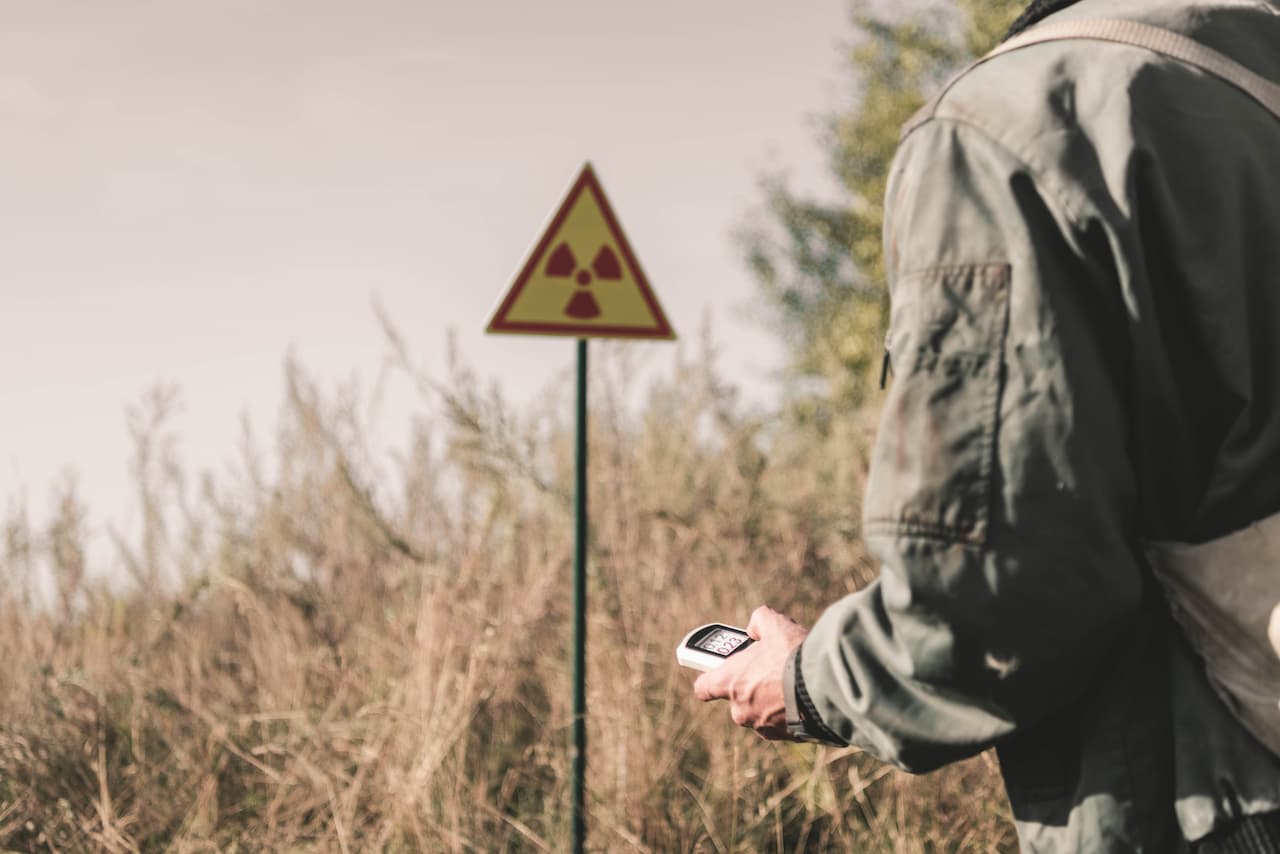The nuclear threat from Russia is one of the hottest topics on the international arena. The Kremlin’s threats, which have been echoing for over a year, have once again come into focus following the decision of the US to allow Ukraine to strike Russian territory. However, US intelligence assesses the likelihood of such a step as low. But why? And what alternative pressure tools can Russia use?
Nuclear Escalation Risk: Unlikely but Dangerous
American intelligence analysts believe that despite the increasingly aggressive rhetoric from the Kremlin, the use of nuclear weapons will not provide Russia with real military advantages. Such a step would be a “last resort” that Moscow would resort to only in conditions of total impasse.
Several key facts are cited to support this conclusion:
- Lack of Military Benefit
The use of nuclear weapons will not give Russia a decisive advantage on the battlefield. Moreover, it may provoke a strong response from the West. - Reaction to US Authorization
The US authorization for Ukraine to use long-range ATACMS missiles to strike Russian targets did not increase the risk of a nuclear attack. Moscow has already responded by testing a new missile named “Kedr,” but this is more of a show of strength than an actual escalation. - Exaggerated Fears
The US intelligence community acknowledges that early fears of nuclear escalation in 2022 were somewhat exaggerated. Current threat assessments are more measured, although the situation remains dangerous.
Alternative Pressure Tools: What is Kremlin Planning?
Recognizing the risks of a nuclear strike, Russia is seeking other ways to influence the West. Among the most likely scenarios:
- Subversion
Moscow may carry out sabotage on critical infrastructure of European countries, including energy facilities and transportation hubs. - Cyberattacks
Cyber aggression has long been an important element of Russia’s strategy. Attacks on government systems, banks, and strategic enterprises can cause serious damage to NATO countries. - Energy blackmail
Russia continues to attempt to use gas and oil as instruments of political pressure, although European countries have significantly reduced their dependence on Russian energy resources.
Why take action now?
- Strengthening collective security
The West must ensure effective coordination to neutralize hybrid threats such as subversion and cyberattacks. - International pressure on Russia
Engaging neutral countries to condemn nuclear threats can enhance Moscow’s isolation. - Assistance to Ukraine
Further arming Ukraine with modern systems is the best way to show the Kremlin the futility of escalation.
Despite regular threats, a nuclear strike by Russia remains an unlikely scenario. However, the West must be prepared for other manifestations of aggression from the Kremlin. Solving this problem requires unity among allies, systematic work in the security sector, and continued support for Ukraine. Only in this way can stability be guaranteed and the world protected from further provocations.


